All through this episode, Monty Python was all I could think of. First Graham Chapman encapsulating what this show has become in a nutshell:
And then this, which is the only other depiction of the British aristocracy I can recall which matches this show for gritty realism.
The whole thing with Count Enders, my God, how silly can silly be. I mean, Fred’s perfect impersonation of the victim, the complete lack of concern over the pools of blood which surely must have been left in Enders’ suite, the exquisite perfection with which all these unlikely events came together exactly as William intended… I’m all for suspension of disbelief but no, this is beyond the pale at this point. When you go that far out into the boonies, it’s hard to take any of this seriously enough to care.
Still, a bigger problem is Enders himself. He’s symptomatic of the biggest problem Yuukoku no Moriarty seems to suffer from, at least in anime form – a lack of trust in the audience. All of Moriarty’s foes are so comically evil or insane (or both) that it’s impossible for any serious social commentary to take place. There’s a great premise here, if only the writing would let it play itself out. But so far, it’s only done so in the childhood arc – which doesn’t bode well for the rest of the series that was clearly an outlier narratively speaking.
Can Holmes save this budding trainwreck? He’s about the only thing I see which possibly could at this point. But that can only happen if the series (again) trusts the audience and makes Sherlock a worthy foil for William. Doyle trusted his audience and made Moriarty Holmes’ equal – which was why that literary rivalry worked. If Yuukoku doesn’t do the same in reverse, and instead makes Holmes just another straw man for William to set alight, his arrival in the narrative will change nothing.
One other significant issue for me is that William’s brothers have completely faded into the background. Albert in theory should be the deuteragonist here, and in many ways his position is inherently even more interesting than William’s – but so far, he just pops up occasionally to let William know he’s greased the gears in whatever way instructed. And as for Louis, what does it say about William’s commitment to social egalitarianism that Louis is literally acting as his butler? Because all we’ve seen him do so far is make tea, open carriage doors, and generally be a gentleman’s gentleman.


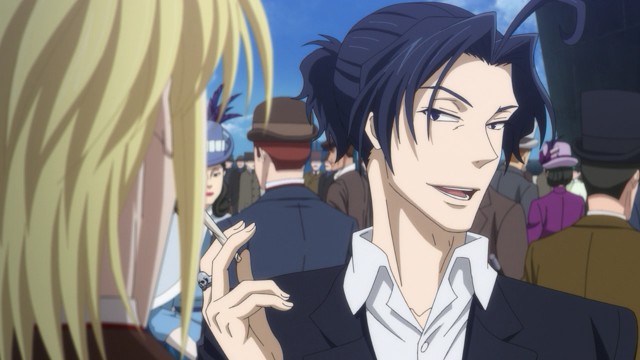

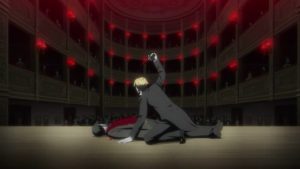




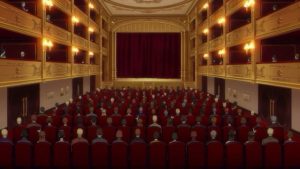
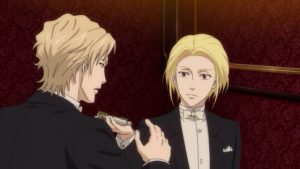



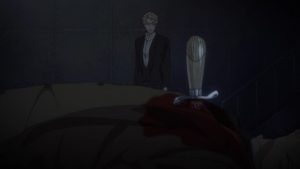












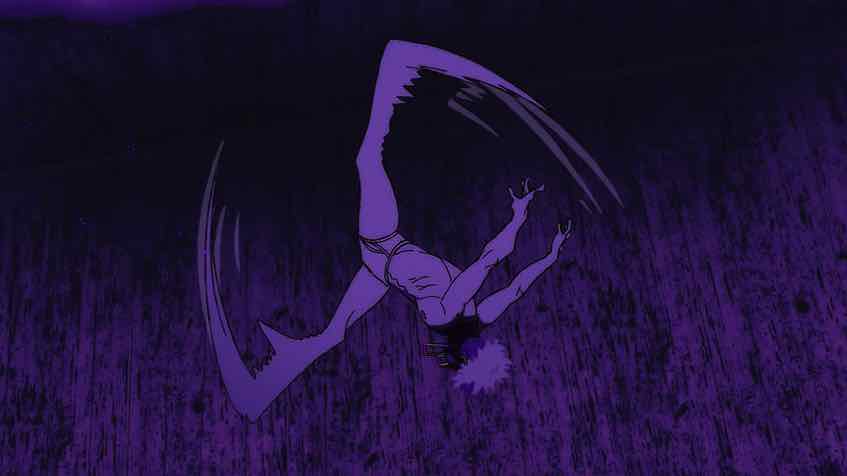

Toni
November 23, 2020 at 7:05 pmDisappointing in a way anime often is when tackling serious themes: so, so childish. The problem with the british class system is not that the aristocrats are murderous crazies. The plot is hardly at the level of its ‘super-intelligent’ characters and the ‘perfect murder plan’ was absurdly contrived.
Princess Usagi
November 24, 2020 at 12:24 amNice Monty Python references and yes, they are very apt! I agree that this whole rich people as evil villains is getting annoying. The rich people of that time (and today, still do) carried out classism through neglect, ignorance, and social and legal rules, more than taking physical action to lay hands on the poor. I’m sure not all rich people were terrible, either, but the writers paint the situation as either this or that, instead of showing a range of motivations and characterizations.